On the afternoon of November 27, participating in the discussion in the National Assembly hall about the draft Law on Special Consumption Tax (amended), many delegates disagreed with increasing the special consumption tax on air conditioners because this is not a luxury item.
Air conditioning is a necessity
Speaking at the discussion, delegate Ha Sy Dong (Quang Tri delegation) said that air conditioners have been subject to special consumption tax since 1998 at a rate of 20% and were reduced to 10% in 2008. In the draft Law on Special Consumption Tax (amended), the Government proposed to continue to maintain this tax rate.
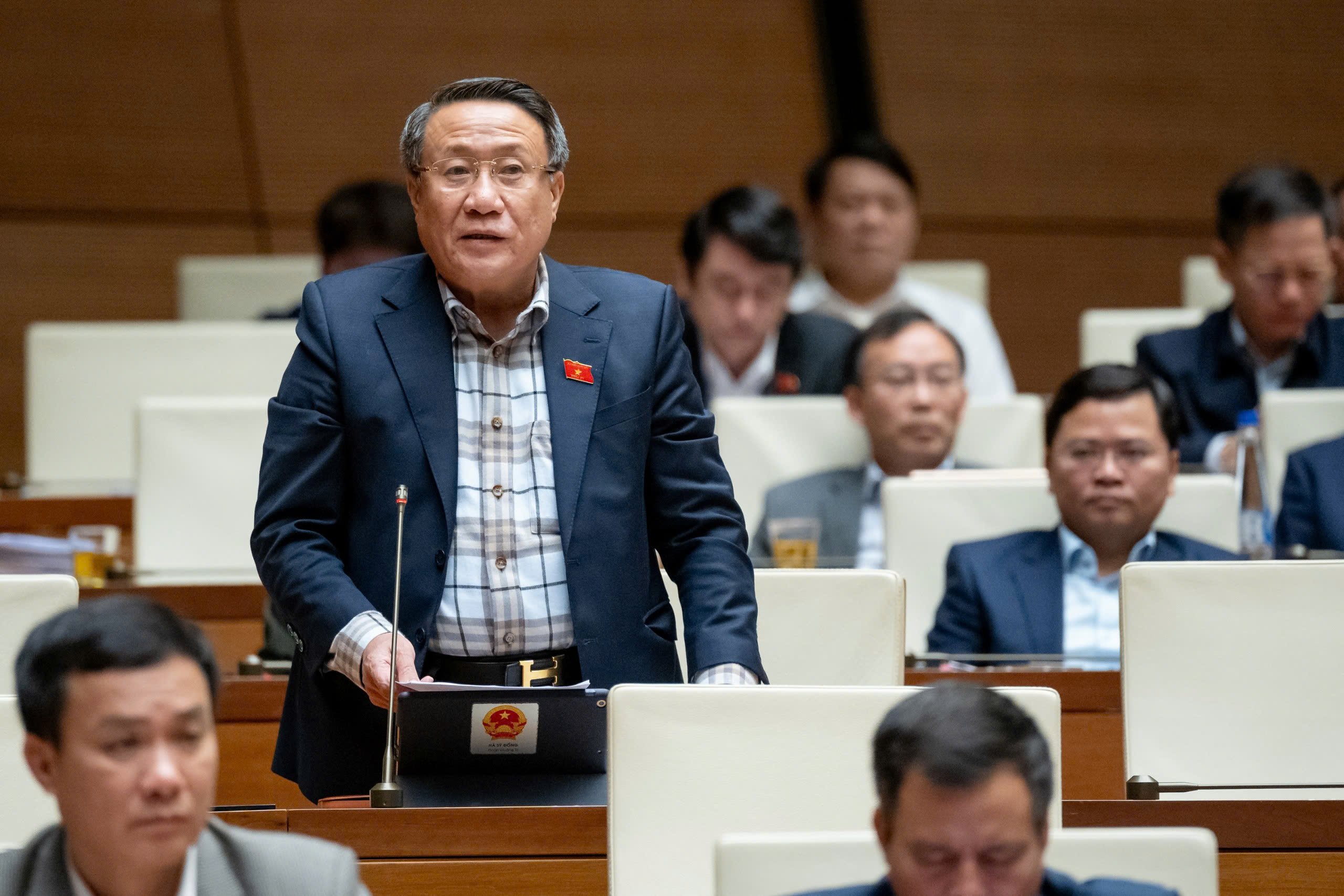
Delegate Ha Sy Dong (Quang Tri Delegation).
According to the delegate, in the past, air conditioning could be considered a luxury item. However, with the development of today's society, air conditioning has become an essential need in work and life.
Many studies have shown that maintaining a suitable room temperature is very effective in improving mental productivity.
This is especially meaningful for Vietnam when we have a direction for developing a knowledge-based economy as it is today.
He cited the example of Singapore, a country in the region that also experiences a hot and humid tropical climate like Vietnam, but has been very successful in using air conditioning to improve people's quality of life as well as develop a knowledge-based economy.
Vietnam is probably the only country in the world that imposes excise tax on air conditioners. Other countries control air conditioners in two aspects: control of refrigerant and power consumption.
Currently, Vietnam has regulations to control refrigerants in the direction of reducing import quotas for refrigerants that have negative impacts on the ozone layer and cause the greenhouse effect.
According to businesses, due to reduced import quotas, the cost of purchasing refrigerant has increased continuously in recent years, increasing by an average of 15 to 20% per year.
At the same time, Vietnam has regulations on energy efficiency for air conditioning and is increasingly moving towards increasing minimum energy efficiency.
Therefore, the delegate proposed: "The special consumption tax on air conditioners is no longer necessary and should be abolished."
Delegate Truong Trong Nghia (Ho Chi Minh City Delegation) also opposed the inclusion of air conditioners in the special consumption tax.
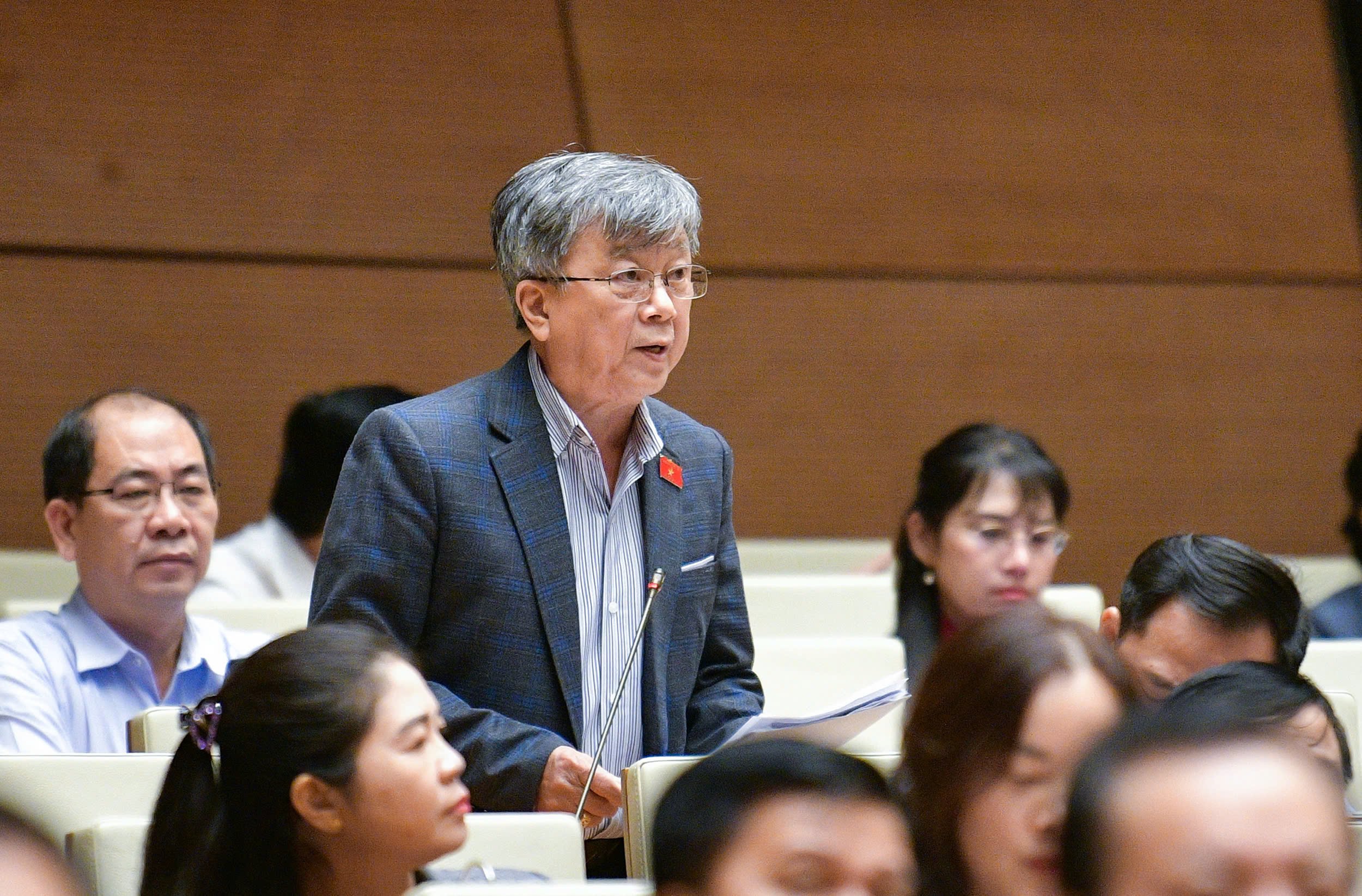
Delegate Truong Trong Nghia (Ho Chi Minh City Delegation).
"Air conditioning helps people have better living conditions. It is best to instruct them on how to use air conditioning, when to use it and how to use it, instead of imposing a special consumption tax," said the delegate.
Air conditioning is not a luxury item
Agreeing, delegate Pham Van Hoa (Dong Thap delegation) said that air conditioning has become an essential need, indispensable for middle-class and above.
"As delegate Nghia said, if we increase the price of this item now but don't allow it to be used, we will probably go back to the Stone Age," Mr. Hoa said, emphasizing that this is an essential item that people are using, so increasing the tax on this item is unnecessary.
He pointed out how much money the tax increase would make but it would make people unhappy.
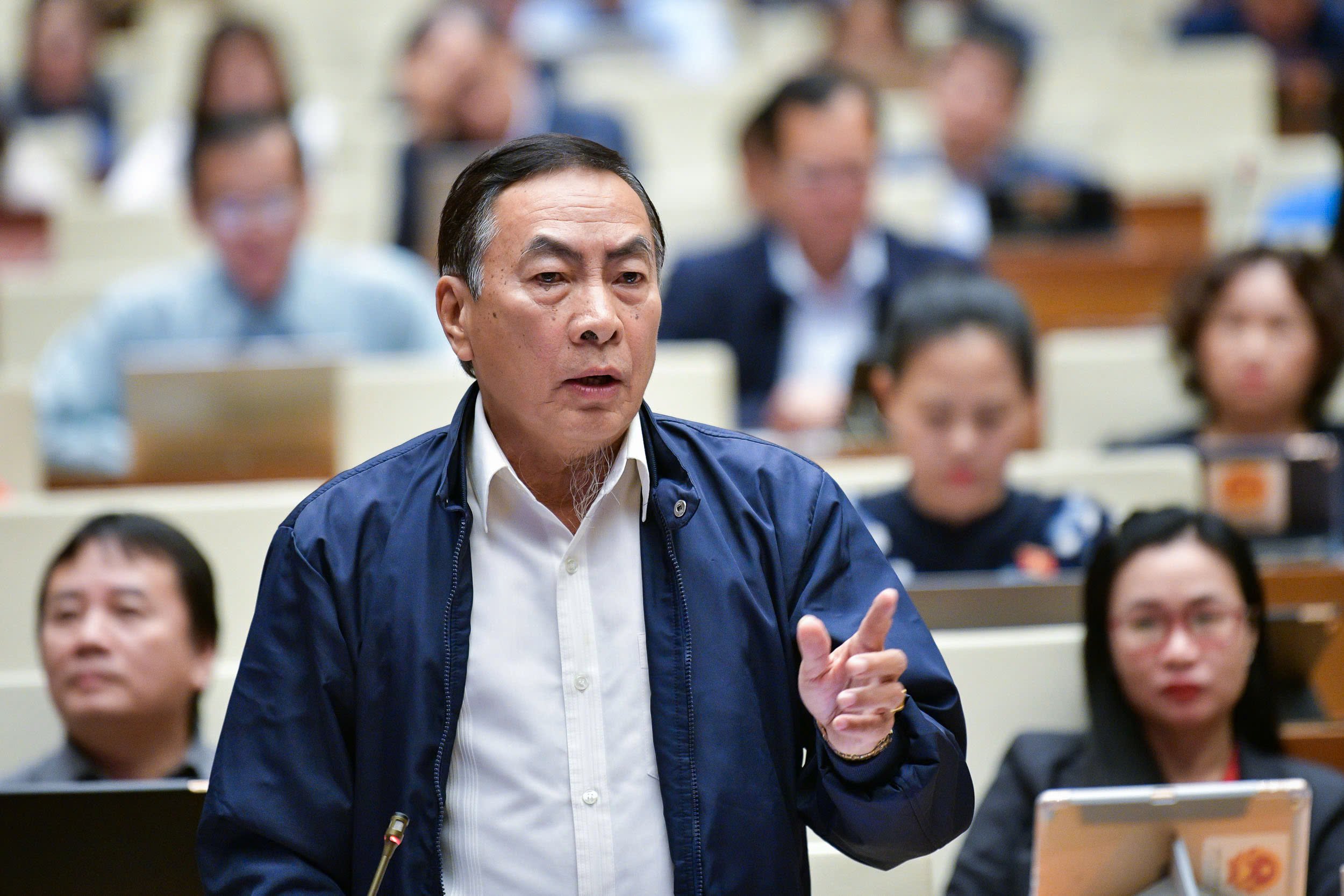
Delegate Pham Van Hoa (Dong Thap Delegation)
Agreeing with the opinions of delegates Ha Sy Dong, Pham Van Hoa and Truong Trong Nghia, delegate Nguyen Thi Viet Nga (Hai Duong delegation) pointed out that the current regulation on air conditioners subject to special consumption tax is no longer appropriate.
The application of special consumption tax on air conditioners has been applied since 1998, however the current socio-economic development compared to that time is very different.
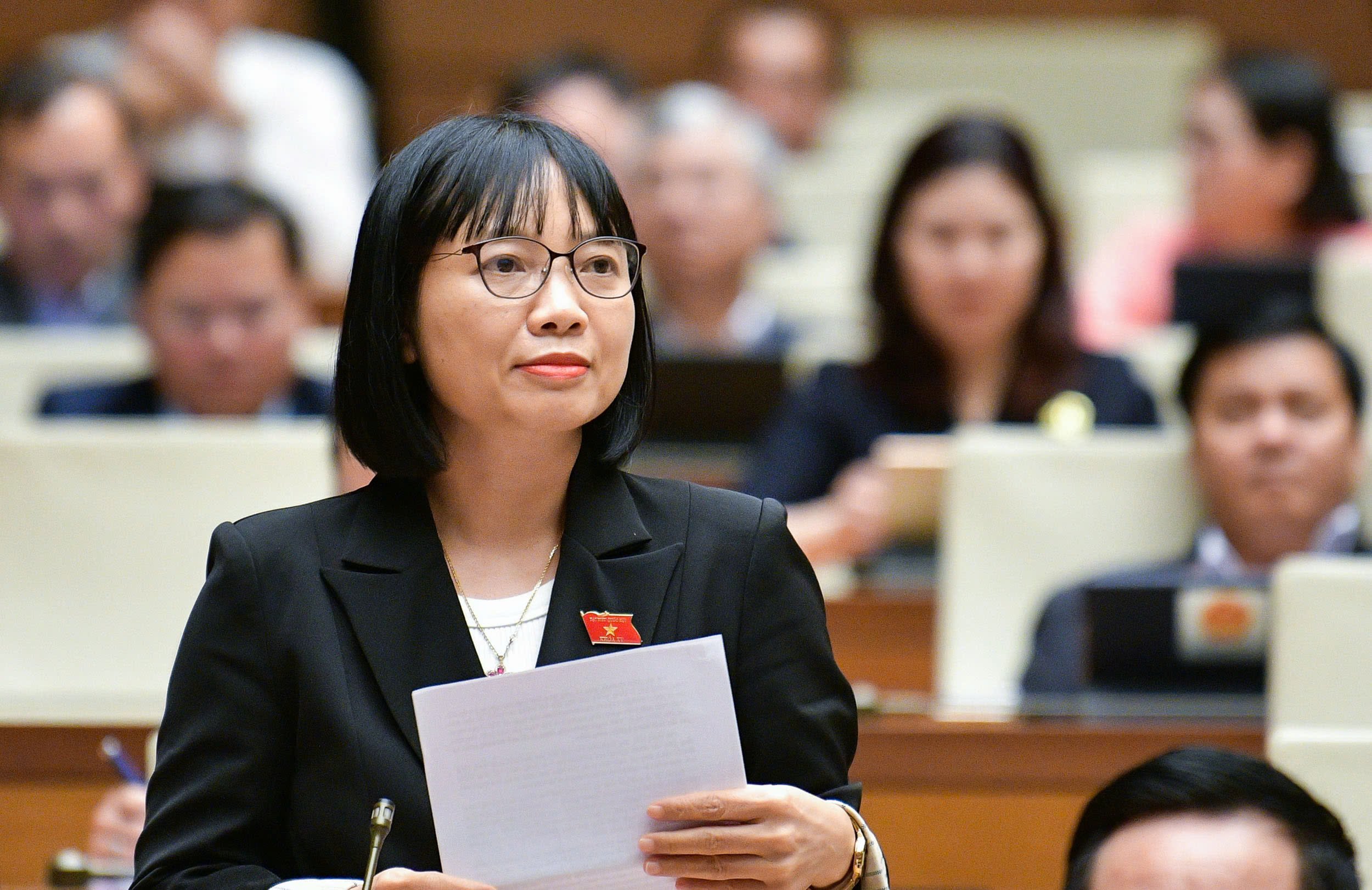
Delegate Nguyen Thi Viet Nga (Hai Duong Delegation)
Air conditioning is now used as an essential device due to climate change and the development of socio-economic life.
"Most families today use air conditioning, even rooms rented to low-income people and students are equipped with air conditioning. That shows that this is no longer considered a luxury item for high-income people," the Russian delegate analyzed and suggested that this regulation should be considered removed.
Explaining, Deputy Prime Minister and Minister of Finance Ho Duc Phoc said: Or, in the world, many countries have taxed air conditioners such as: Korea, India, Norway, England...
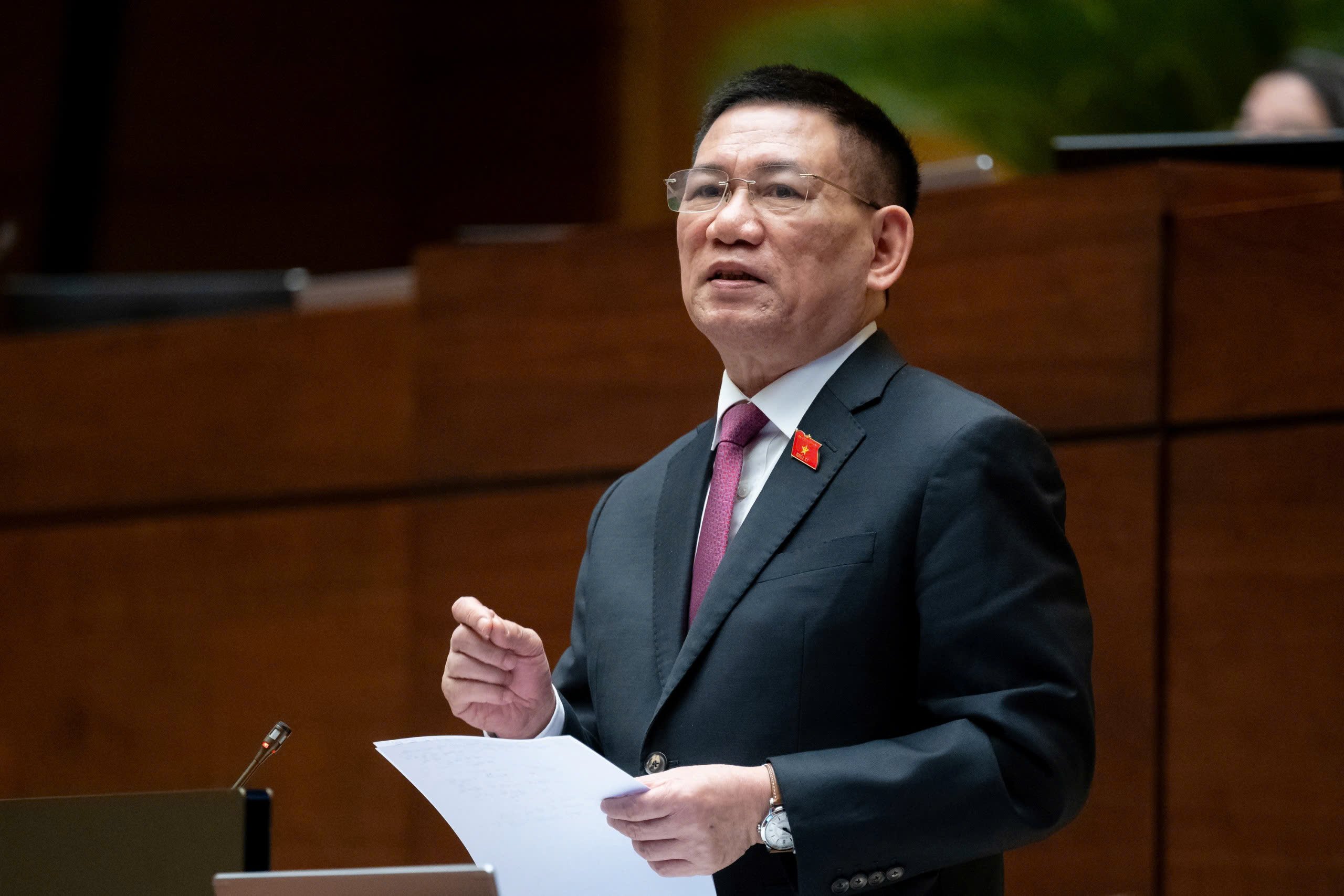
Deputy Prime Minister and Minister of Finance Ho Duc Phoc explains and clarifies
Based on the opinions of delegates, the Government has accepted and included in Article 2, Clause 3 of the Draft Law the direction of assigning the Government to amend and supplement the subjects to suit the socio-economic development process, including amending and supplementing the air-conditioning products subject to and not subject to tax rates accordingly.
For example, air conditioners using renewable energy will not be subject to special consumption tax.
Source: https://www.baogiaothong.vn/national-congress-delegates-do-not-deal-with-special-consumption-taxes-with-air-conditioners-192241127174256213.htm





![[Photo] Prime Minister Pham Minh Chinh chairs the Government's special meeting on law-making in April](https://vstatic.vietnam.vn/vietnam/resource/IMAGE/2025/4/13/8b2071d47adc4c22ac3a9534d12ddc17)


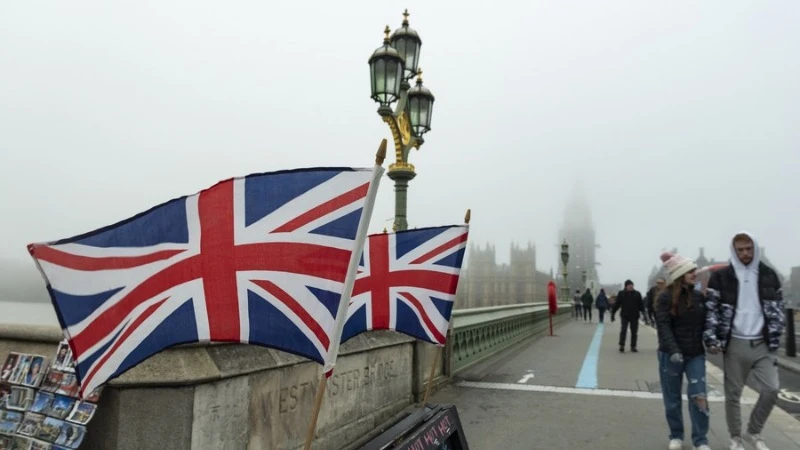

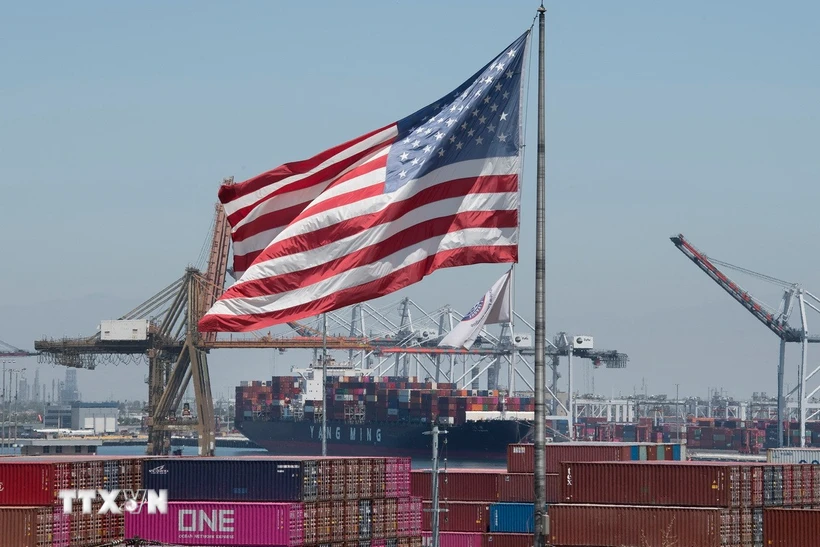








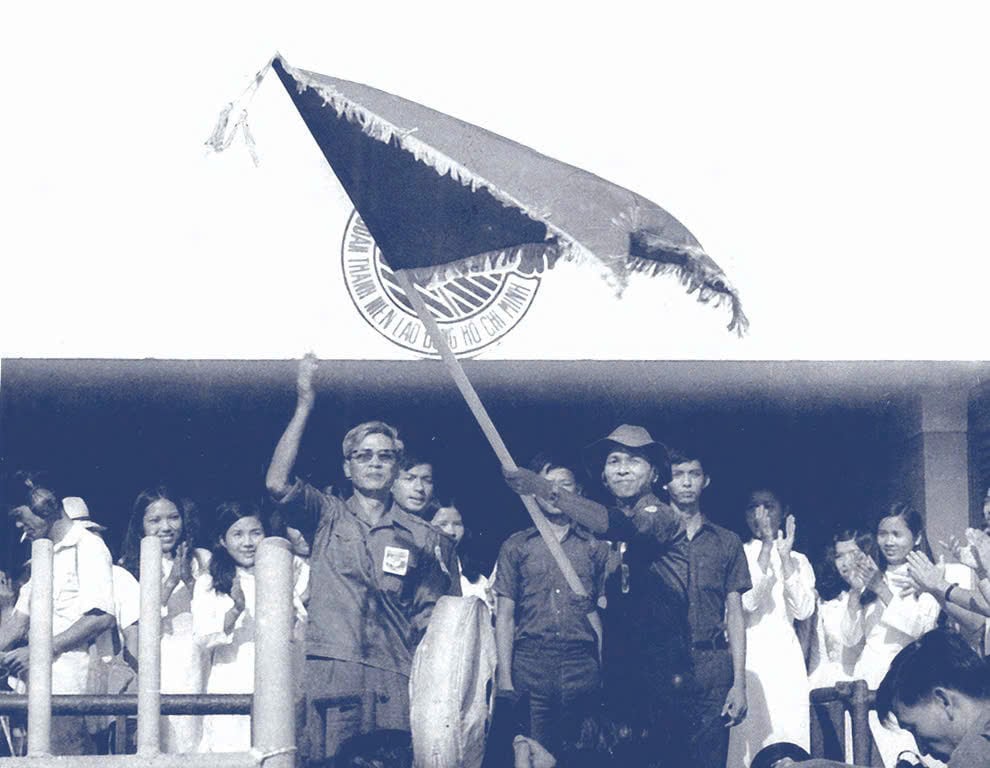

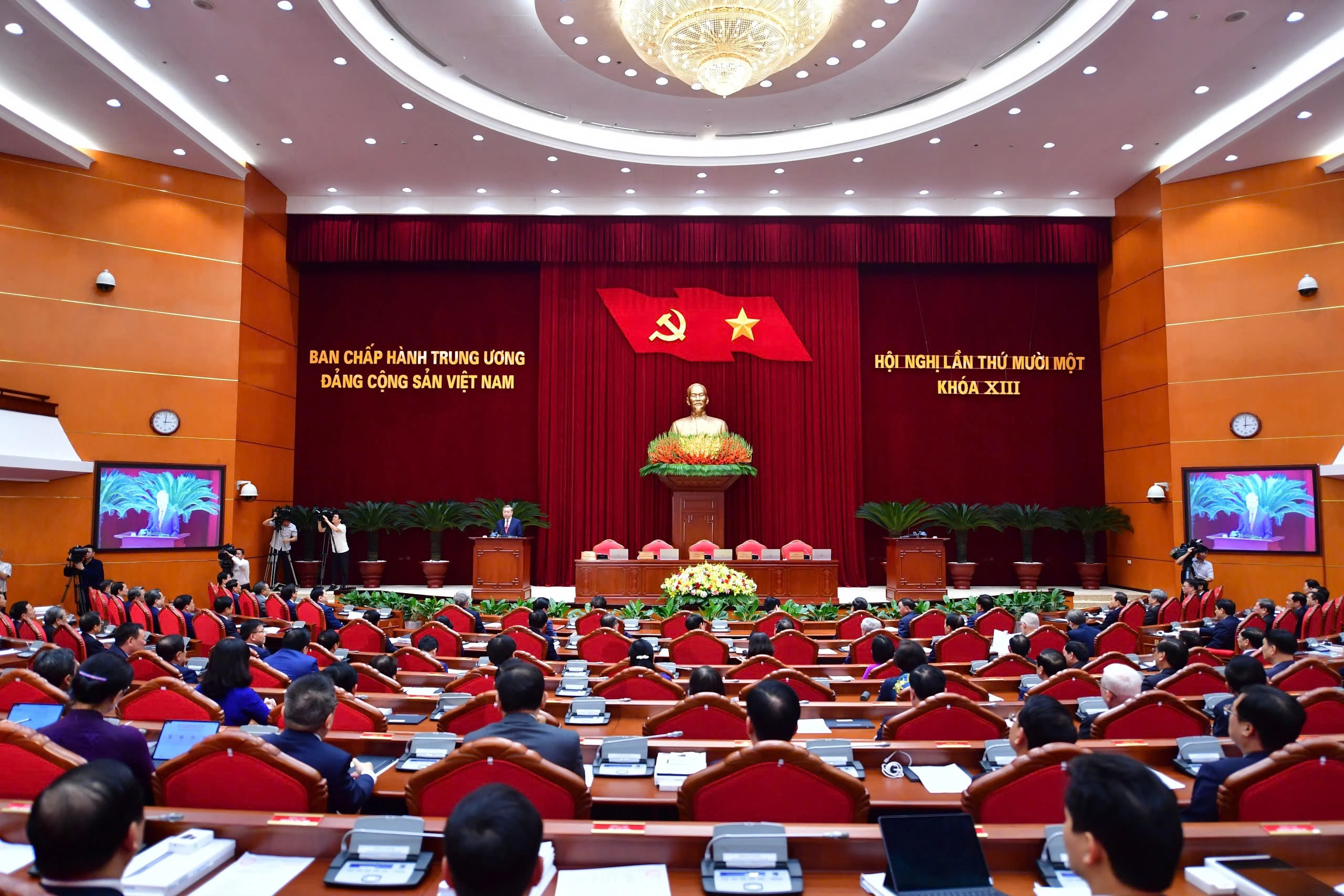
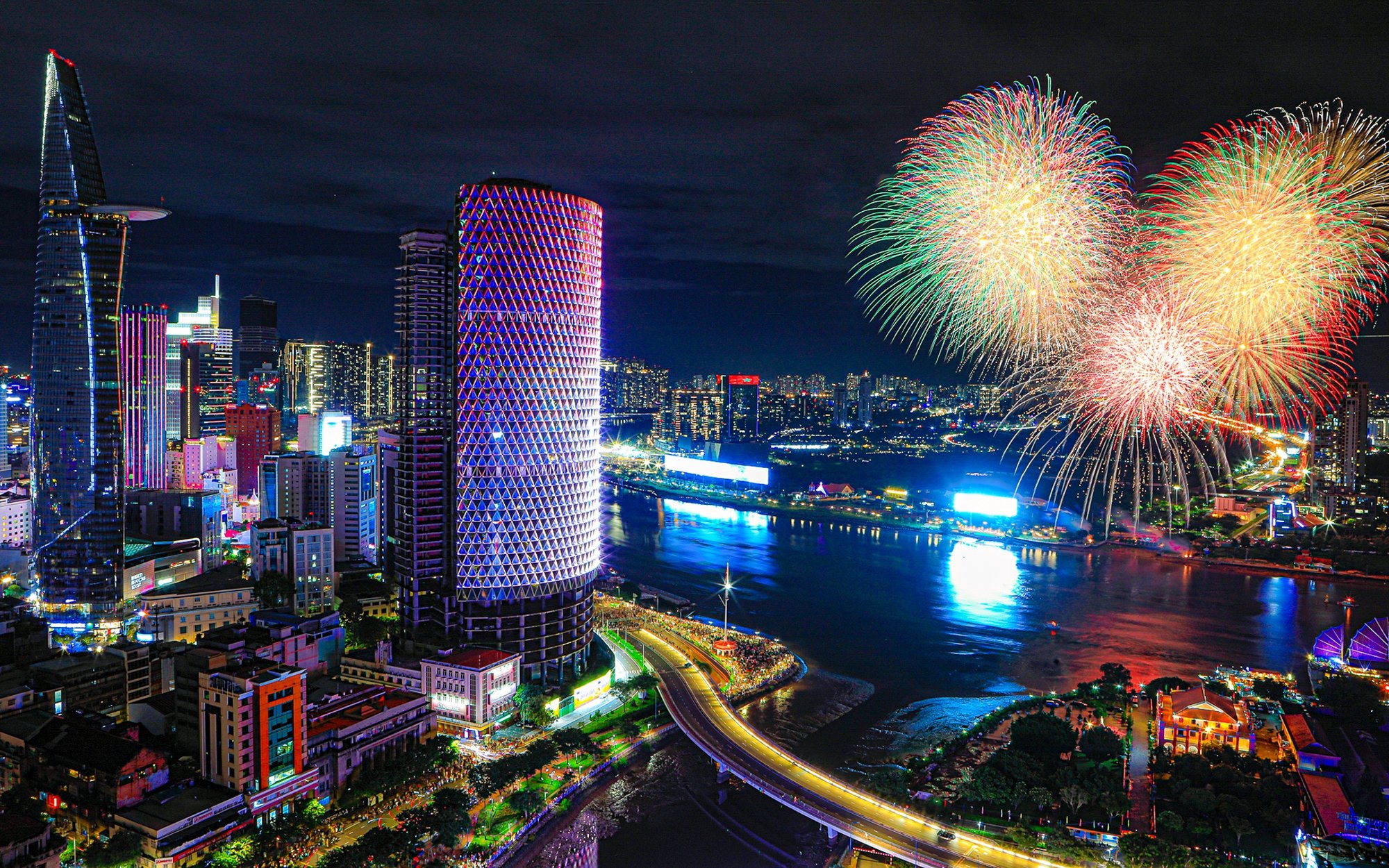










![[Photo] Closing of the 11th Conference of the 13th Central Committee of the Communist Party of Vietnam](https://vstatic.vietnam.vn/vietnam/resource/IMAGE/2025/4/12/114b57fe6e9b4814a5ddfacf6dfe5b7f)





























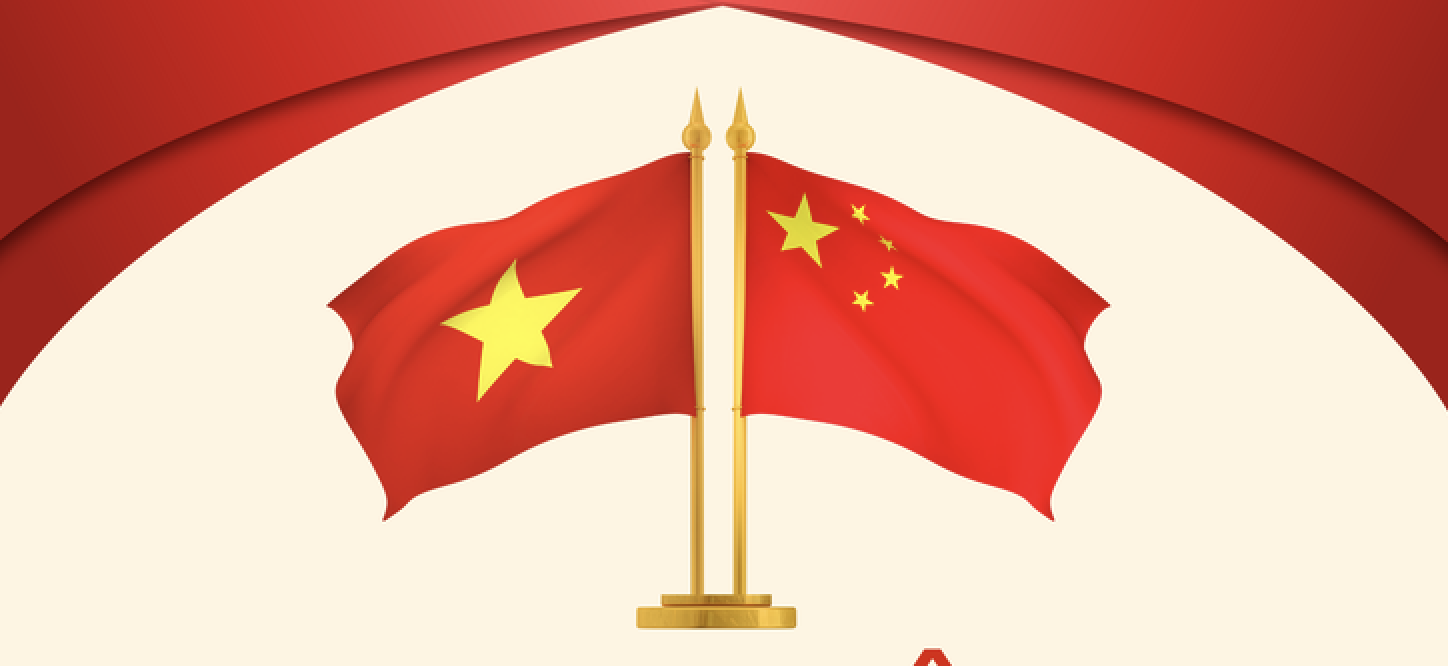
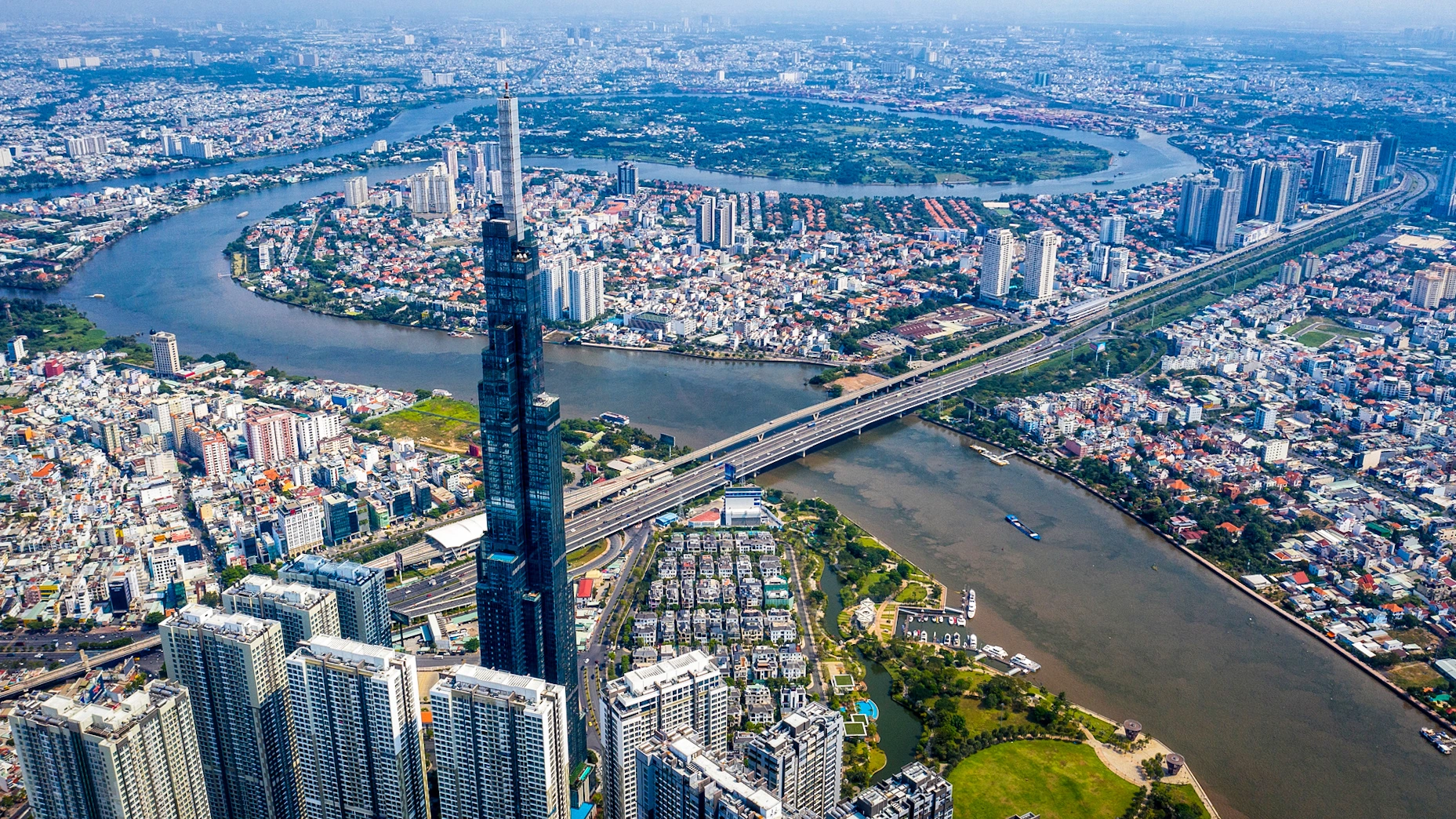












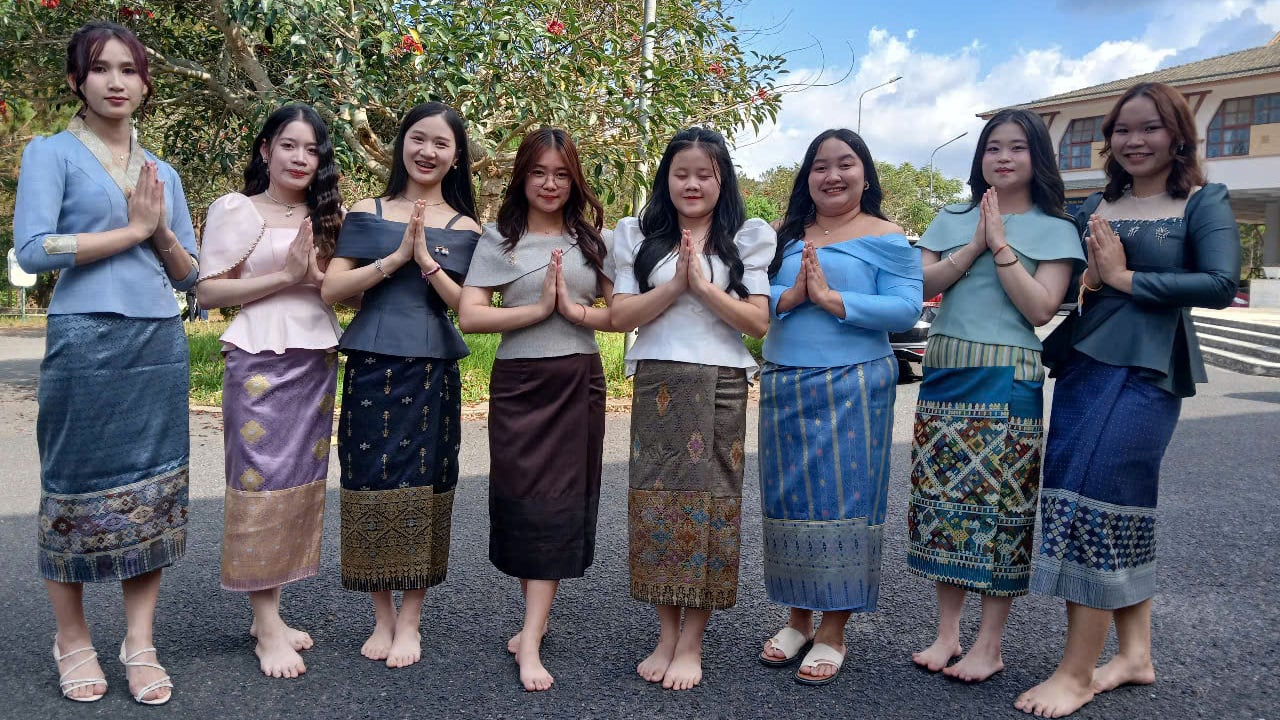

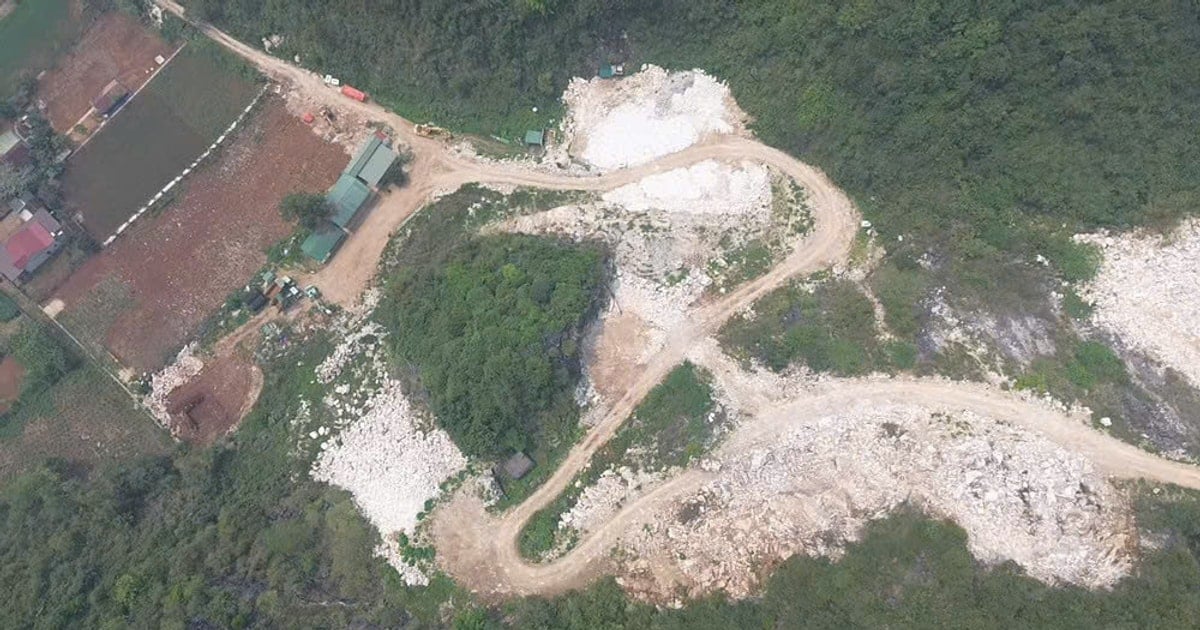



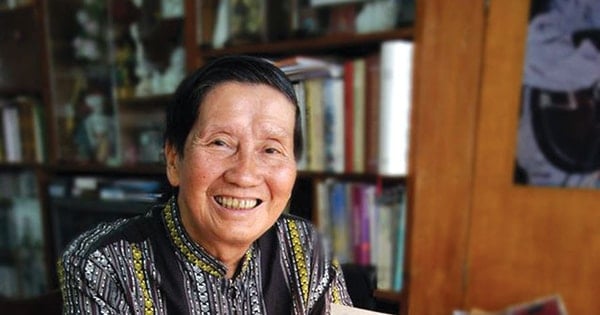

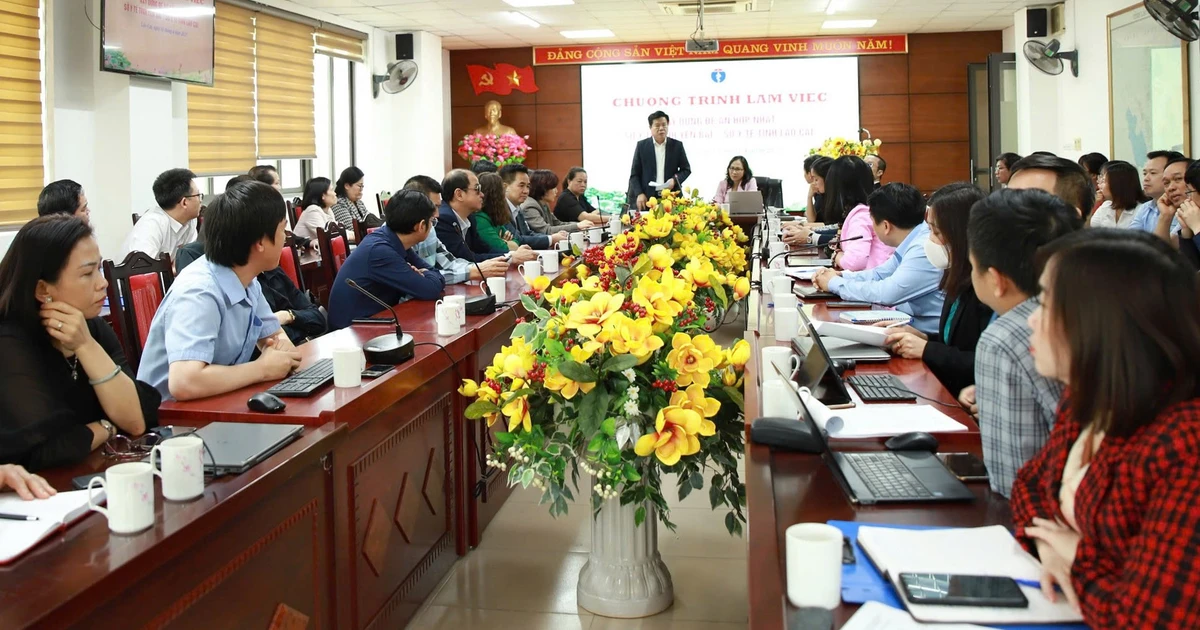













Comment (0)